Topics:
Never Miss a Beat - Get Updates Direct to Your Inbox
FILTER:
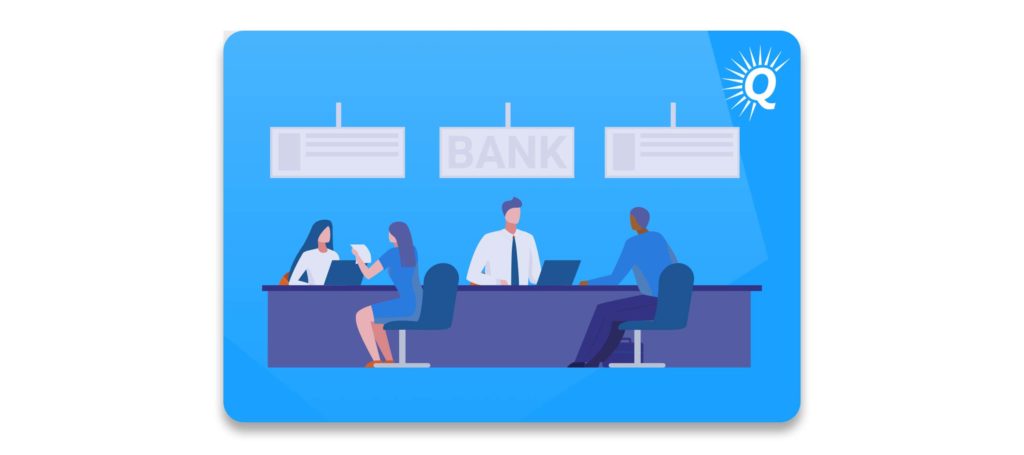

How to Get a Loan to Buy a Business
By Ian Drogin
There are many important considerations to think about when buying a business, but none is more important than your financing strategy. Without a clear game plan for funding your purchase, it’s impossible to establish your budget, find the right acquisition target, and make an offer. For many investors, getting a loan to buy a business can be an excellent choice.
In this article, we discuss everything you need to know about how to get a loan to buy a business, including:
- Where to get an acquisition loan
- How to qualify for the loan
- Steps you should take to secure your loan and close the deal


Where to Get a Loan to Buy a Business
When buying an online business, there are several possible ways to finance your acquisition. A few of these include:
- Seller financing
- Friends or family
- Banks and credit unions
- SBA loans
Seller Financing
In a seller-financed deal (also known as “owner financed”), the seller agrees to finance part of the purchase price. In doing so, you’re able to put down a significantly smaller portion of the business’s purchase price and then pay off the remaining balance over a given time period to the seller. For example, let’s say you buy a $400,000 business with 50 percent seller financing. In this scenario, you would put down $200,000 at closing and then make monthly payments on the remaining $200,000 over the course of the loan term.
Buyers generally like seller financing for the obvious reason that it requires them to invest less capital upfront to acquire a business. Because financial institutions aren’t involved, both parties can avoid the lengthy credit approval process that is often associated with bank lending. Additionally, seller financing also instills more confidence in buyers since they know the seller still has a vested interest in the business’s success.
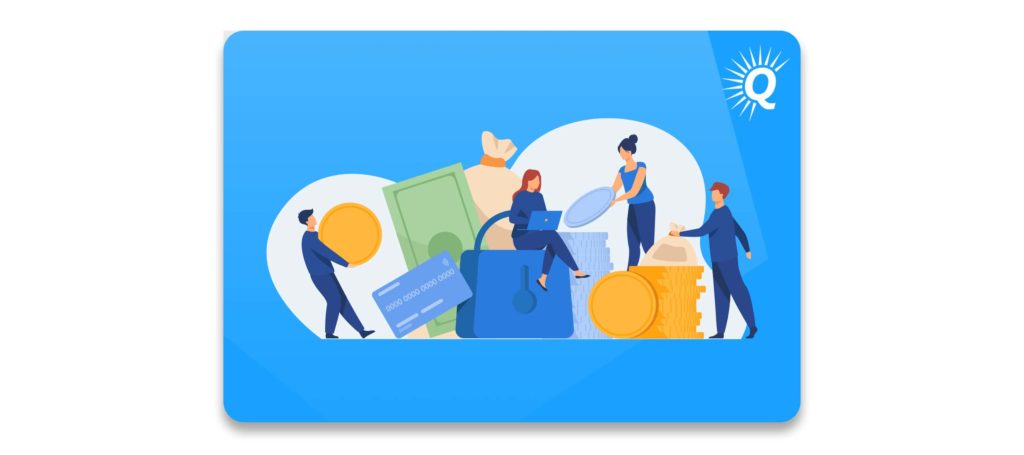

Not surprisingly, sellers dislike seller financing. Therefore, as a buyer, you shouldn’t expect a seller to agree to seller financing unless their business is declining or distressed.
“Buyers generally like seller financing for the obvious reason that it requires them to invest less capital up front to acquire a business.”
Friends and Family
Just as some entrepreneurs borrow money from friends and family to bootstrap a new business, some choose to go this route to acquire an existing business.
For individuals whose friends and family have significant financial resources, this can be a solid loan option in some cases. As with seller financing, borrowing money from friends and family allows you to avoid dealing with large financial institutions. Going down this path, however, can put pressure on some relationships if things don’t pan out as planned. Therefore, it’s important to have open and honest conversations with your potential lender before choosing this route.
Buy a Profitable Online Business
Outsmart the startup game and check out our listings. You can request a summary on any business without any further obligation.
Banks and Credit Unions
If you have an existing relationship with a lender at a bank or credit union, that could be a great route to explore.
Some banks and credit unions will offer loans for business acquisitions. Even if you choose to not work with one, having a conversation with an industry professional can only further your understanding of the small business financing option available to you. They’ll also help you clarify which valuation metrics are important to consider in order to meet their lending criteria.
“If you have an existing relationship with a lender at a bank or credit union, that could be a great route to explore.”
SBA Loans
SBA loans are the most common source of outside financing for business acquisitions.
An SBA loan can finance up to 90 percent of the purchase price. One “downside” to using an SBA loan is that the deal takes longer. Some sellers even go through the process of getting their business SBA pre-qualified, which can significantly shorten the process. The SBA also only extends business loans for deals that adhere to certain deal structures (more on this below).
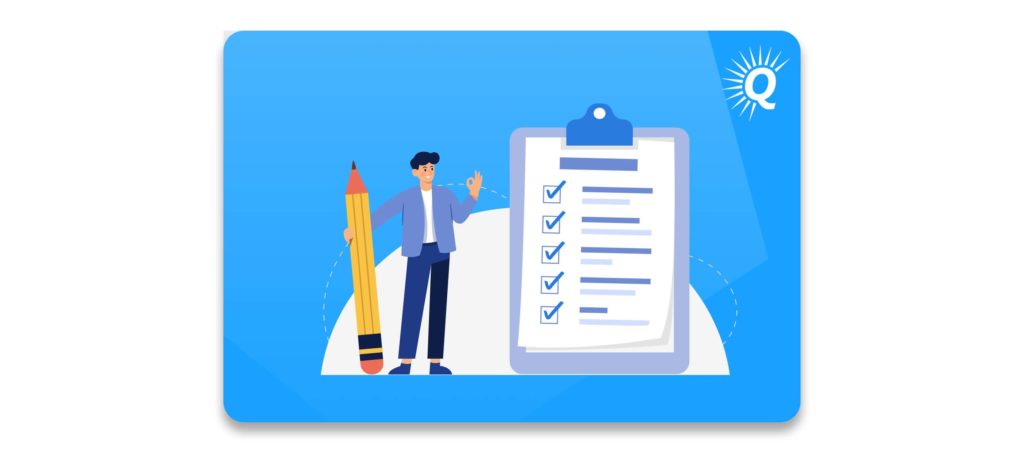

Ways to Qualify for a Business Purchase Loan
There are several considerations to keep in mind when you’re trying to qualify for a small business acquisition loan. Here are three key steps to take when you’re preparing to apply.
- Increase your credit score
- Find the right business to acquire
- Adhere to the SBA’s deal structure guidelines
Your Credit Score
If you have excellent credit, you’re already one step closer to getting approved. If your personal credit score is less than ideal, on the other hand, it might make sense to spend some time building your credit before you apply. Most lenders won’t extend a loan if you have bad credit.
In general, lenders will want to see that your credit is in the mid-to-high 600s, although higher is better, of course. Not only does a higher credit score make it easier to get approved, but it could also allow you to get a better interest rate.
“An SBA loan can finance up to 90 percent of the purchase price. One ‘downside’ to using an SBA loan is that the deal takes longer.”
A few common ways to increase your credit score include reducing your credit utilization, making sure to never miss payments, and disputing any errors in your business credit profile that have a negative impact. Sometimes, it’s possible to dramatically increase your credit by making a few simple changes, such as paying off debt. At other times, it may be a slower path of simply making all of your monthly payments on time.
Thinking of Selling Your Business?
Get a free, individually-tailored valuation and business-readiness assessment. Sell when you're ready. Not a minute before.
Find the Right Business to Acquire
When a bank or credit union lends you money to purchase a business (or a business line or credit card), they want to know the business will be able to make the monthly repayments. In some ways, it’s not so different than getting an equipment loan.
If you’re using an SBA loan to fund an acquisition, it’s best to buy a business with strong earnings that shows promise for growth. Therefore, you may need to avoid going after a struggling business, even if you believe it has enormous potential and is undervalued. When you’re using an SBA loan, it’s more important than ever that the business has a solid track record. For this reason, it’s important to conduct thorough investment due diligence when evaluating acquisition opportunities. In the next section, we’ll discuss the documentation required to verify a business’s earnings and performance.


“When a bank or credit union lends you money to purchase a business, they want to know the business will be able to make the monthly repayments.”
Additionally, lenders may want to look at your resume to determine how qualified you are to run the business. If you’re trying to acquire a large ecommerce business but don’t know the first thing about inventory management or marketing, lenders may be wary. On the other hand, if you can show that you’ve successfully managed two similar businesses and you’re trying to fund a bolt-on acquisition, that could go a long way toward instilling confidence in lenders. Once the loan is approved, a promissory note will establish your legal obligations to repay it.
Adhere to the SBA’s Deal Structure Guidelines
In addition to scrutinizing both you and the business, the SBA will also want to verify that you and the seller are using an allowable deal structure to transition ownership. If you don’t use an allowable deal structure, the SBA will reject your business loan application.
Allowable deal structures include deals in which 100 percent of the business transfers ownership (aka “full acquisition”), deals that include cash or owner financing for part of the deal, and deals that include a consulting agreement. Disallowed structures include earn-outs, partial-equity purchases, and deals that include employment agreements or performance-based business financing. For a more detailed overview of SBA loan requirements, be sure to check out this article.
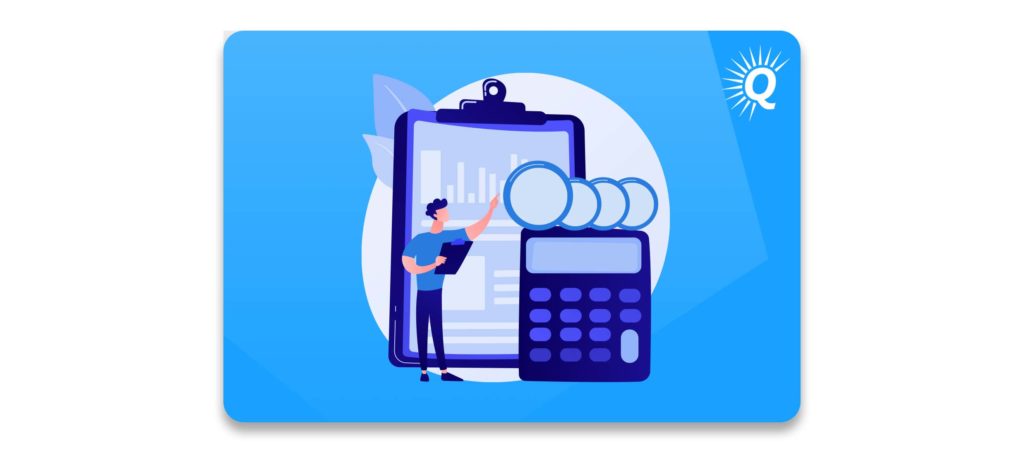

What Lenders Look At when You Want to Buy a Business
Lenders will look at several key pieces of documentation to determine whether or not you’re eligible for a loan. And if so, what loan amount they’ll offer, and how much money down you’ll need to invest. Not all lenders have the exact same requirements, but a few common required documents include:
- Personal financial statements
- Tax returns
- Loan application form
- Pro forma financial reports
- Profit and loss statements for the business
- Business plan
- Bank statements
Personal Financial Statements
Although it’s often expected that the small business will play an important role in repaying the business loan, lenders also want to examine your personal financial statements. This includes looking at your gross income, along with any monthly debt payments or other fixed expenses.
Tax Returns
Your tax returns are used to verify your financial statements and provide assurance that you’re in compliance with tax laws. Typically, you’ll be asked to provide tax returns for the three previous years. Your online lender will also likely want to see your 4506-T form to verify your tax returns.
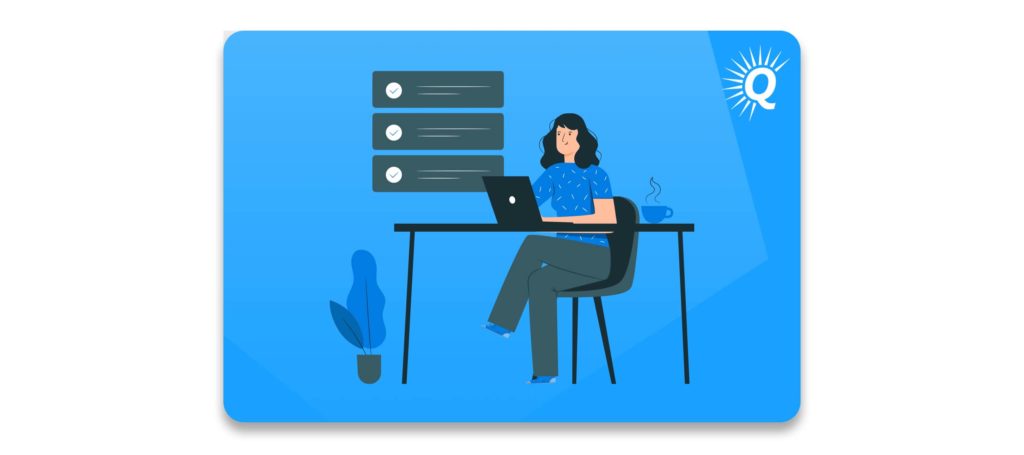

Loan Application Form
This request is obvious, but it’s worth mentioning. Different lenders have their own small business loan application forms. Before applying, it’s wise to examine the form to identify any areas in which your application may fall short. Planning far ahead can allow you to understand lending requirements so you have time to position yourself as a strong applicant.
Profit and Loss Statements for the Business You’re Acquiring
As discussed in the previous section, lenders will want to see profit and loss statements for the business you’re acquiring. These are used to determine whether the business’s income is sufficient to repay the small business loans.
Pro Forma Financial Reports
In addition to looking at the business’s previous financial performance, lenders may also want to understand what your expectations are for the future. Therefore, you should assume that you’ll be required to provide pro forma financial reports for the business you’re acquiring.
When providing pro forma financial reports, don’t be unrealistic or exaggerate the business’s future performance. Even if you have high expectations, it’s important to only include financial assumptions that will appear reasonable to a lender. Of course, this isn’t something you would ever be asked to provide when applying for a real estate loan.


“Lenders will want to see profit and loss statements for the business you’re acquiring.”
Profit and Loss Statements for Your Businesses
In some cases, entrepreneurs choose to use the profit generated by one business to fund the loan repayments for another. In such a situation, you would need to provide profit and loss statements for the business that will be making the loan repayments.
For example, let’s say you own Business A and you want to buy Business B with an SBA loan. In order to pay back the loan, you’ll be taking profits from Business A to make the small business loan repayments for Business B. In this case, you’ll need to show that Business A generates enough cash flow to make the loan repayments for Business B.
Business Plan
Often, lenders will want to see that you have a business plan before approving your business loan. This provides them with assurances that you’ve thought through your approach to managing and growing the business. If you haven’t already done that, it may force you to, which isn’t a bad thing. In fact, it’s a smart idea to establish a clear growth strategy regardless of whether or not you intend to explore third-party financing options.
“Often, lenders will want to see that you have a business plan before approving your loan.”
Bank Statements
Bank statements are used to verify the financial information contained in your P&Ls and tax returns. Of course, obtaining these is pretty straightforward.
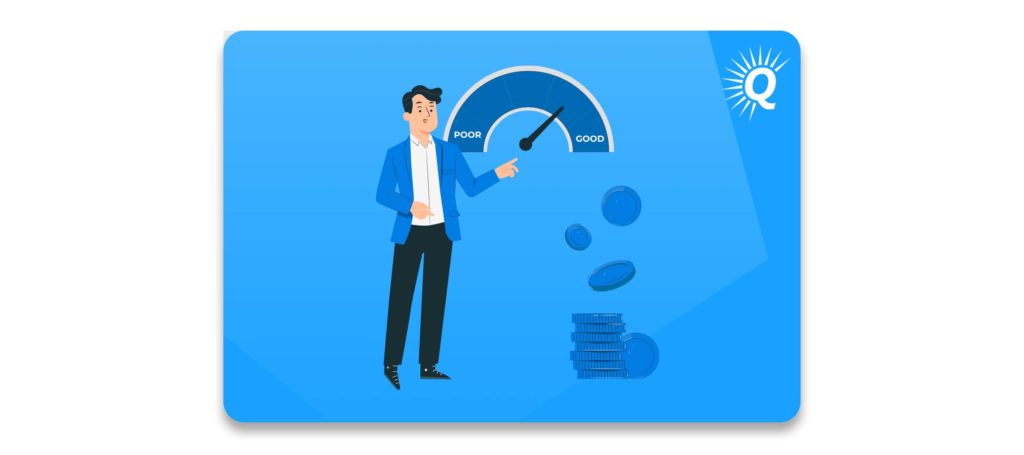

Steps to Apply for a Business Acquisition Loan
You’re interested in acquiring a business and want to move forward. You also want to use a business loan to fund your purchase. Here are six steps to follow in order to close your deal. These apply to both long-term and short-term loans. If the business is SBA pre-qualified, the process may be significantly simpler.
- Get your documentation in order
- Look at listings and establish your acquisition target
- Make an offer and negotiate deal terms that your lender will accept
- Submit your business loan application
- Cooperate with your lender to provide all the necessary documentation
- Get approved and complete the deal
There are many elements involved in getting a bank loan to acquire a business. But by following this framework and doing your research, you’ll be in a strong position to qualify for a loan and acquire a business you can continue growing for years to come.
Buy a Profitable Online Business
Outsmart the startup game and check out our listings. You can request a summary on any business without any further obligation.





